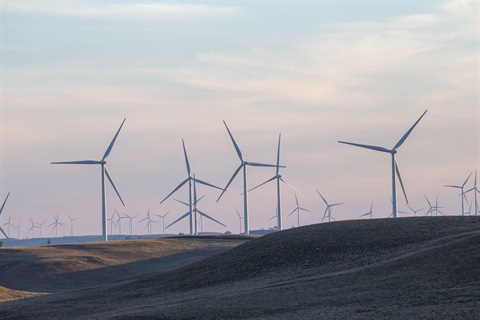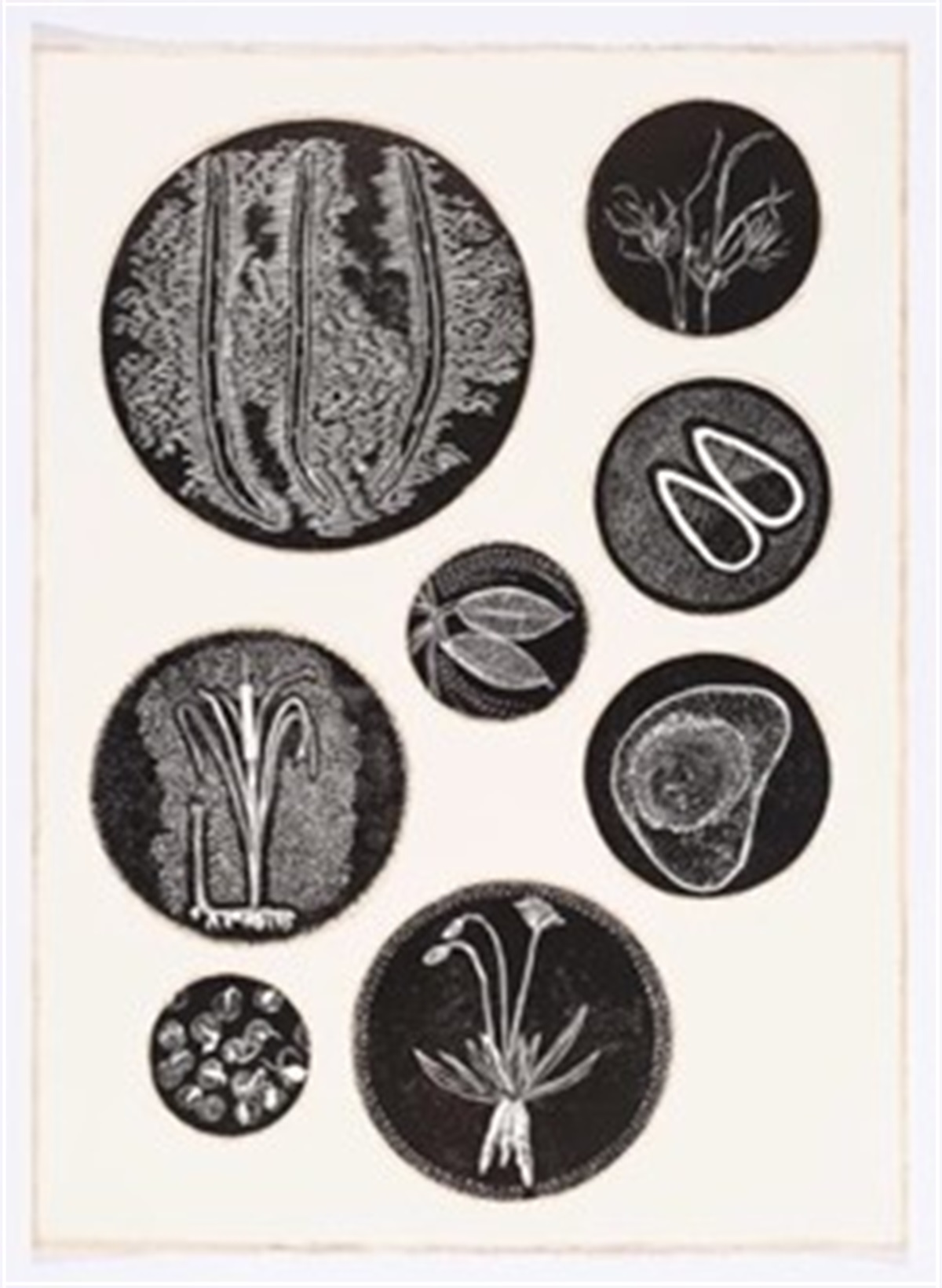Results at a glance:
- Queensland rural sentiment has declined in the latest quarter.
- Cotton producers are the only commodity sector reporting an optimistic outlook on the year ahead.
- More of the state’s farmers are looking to decrease investment.
Concerns about seasonal conditions and softer commodity prices have seen confidence fall significantly among Queensland primary producers in the third quarter of 2023.
The latest Rabobank Rural Confidence Survey, released today, found net sentiment in the state’s rural sector has decreased to -32 per cent (from -13 per cent last quarter) – with significantly more producers now expecting the agricultural economy to worsen in the coming 12 months. This proportion increased to 45 per cent (from 27 per cent last survey), while just 13 per cent expect better conditions in the agricultural economy in the year ahead (down slightly from 15 per cent last quarter). A total of 40 per cent of Queensland farmers surveyed expect conditions to remain stable.
The state’s cotton sector is a “bright spot” though, with the majority of cotton growers expecting business conditions to improve or remain unchanged in the year ahead, while grain, beef and sugar producers all showed a decline in optimism.
Of those Queensland producers expecting the agricultural economy to worsen – falling commodity prices remains the chief concern – nominated by 43 per cent, albeit down from 46 per cent previously.
And higher interest rates are continuing to weigh on producers’ minds – although the proportion concerned about rising interest rates has fallen slightly this quarter (from 25 per cent of those expecting a decline in the agricultural economy last survey to 21 per cent). Concern about high input costs increased slightly (cited by 29 per cent of those farmers expecting a poorer year ahead, from 26 per cent previously).
This survey found 30 per cent of the state’s producers who expect the economy to worsen are worried about dry seasonal conditions setting in – with over half (54 per cent) of Darling Downs-based producers who are expecting conditions in the agricultural economy to worsen citing this as a concern.
Of those Queensland primary producers who expect the agricultural economy to improve, 18 per cent said they thought business conditions could not get worse, while commodity prices were cause for optimism for 63 per cent this quarter (though down from 79 per cent in Q2), and fewer producers now expect a good season.
Rabobank regional manager for North Queensland and the Northern Territory Trent
McIndoe said while much of northern and western Queensland is experiencing very typical seasonal conditions at present, producers are aware of a potential El Nino weather system on the horizon.
“Much of the state has enjoyed a run of reasonable seasons in the last three years, meaning pastures are in good-to-fair condition in most areas – with parts of the north and west of the state and NT receiving useful unseasonal rain in recent months,” he said. “But the chance of a change in this seasonal outlook, coupled with the downward shift in commodity prices is a concern for producers.”
The survey, completed last month, saw the state’s cotton growers maintain their positive outlook from the previous quarter – with the majority surveyed (92 per cent) reporting an expectation that agricultural economic conditions will improve or stay the same in the next 12 months.
“Cotton, contrary to the majority of agricultural commodities, has welcomed price improvements in markets in recent months. Prices have been able to climb above the levels they had been trading at, relatively rangebound, throughout the first half of 2023,” Mr McIndoe said.
The number of Queensland beef producers expecting business conditions to decline in the year ahead has jumped from 33 per cent last quarter to 45 per cent this survey – with 15 per cent anticipating an improvement (albeit up from nine per cent with that view last quarter). And 38 per cent of Queensland beef producers surveyed are expecting business conditions to remain unchanged.
Mr McIndoe said softening commodity prices were the chief concern reported by the state’s beef producers, followed by dry seasonal conditions.
The survey revealed confidence had fallen among the state’s grain growers, with 40 per cent of growers now believing economic conditions will decline in the year ahead.
Mr McIndoe said Queensland grain growers are not anticipating the record harvests seen in the previous two years.
“Conditions in southern Queensland grain-producing areas are a mixed bag, with spring rain much needed right across the growing area,” he said. “And the condition of Western Downs crops is also mixed, depending on the fallow period, the cover crop used and amount of ground cover that has helped retained soil moisture in some paddocks, as opposed to double cropped areas, which are drier.”
Mr McIndoe said wheat crop yields of up to 2.5 tonnes per hectare may be achievable “in the good patches”, with the balance expected to yield 1.25 to 1.5 tonnes per hectare in southern grain-growing areas.
“However, some crops are already being fed off or bailed with no prospect of harvesting grain due to minimal rainfall over the winter months,” he said. “There is still time on the Darling Downs though – any rainfall received in the next few weeks will assist to bridge the moisture gap and fill grain, however, forecasts aren’t looking favourable in the short term.”
For Queensland grain growers, easing commodity prices were the leading concern reported by those anticipating agricultural economic conditions to decline in the coming year.
While sugar prices have recently hit record levels, there was declining confidence among the state’s sugar producers at the time of the survey, with over half taking a pessimistic outlook for the year ahead (previously only 18 per cent).
Mr McIndoe said some of the state’s sugar producers have been challenged in recent months by harvest delays created by wet weather. “These delays have not affected quality and yield, just slowed the crush down considerably,” he said.
Overall, this survey found more Queensland producers are looking to “rein in” their investment plans for the coming year, with just under a quarter (24 per cent) planning to decrease spending in their agricultural businesses (up from 13 per cent in Q2). And the number planning to increase investment this quarter has decreased to 17 per cent (down from 24 per cent in Q2).
Of those producers looking to increase investment in their farming business over the next 12 months, the largest number planned to spend on on-farm infrastructure (46 per cent). However, this number has been in steady decline since the start of the year, falling from 81 per cent in Q1 to 65 per cent in Q2.
Mr McIndoe said producers have taken advantage of the recent strong seasons and economic conditions and used the opportunity to invest back into their enterprises.
The survey found fewer Queensland producers are planning to reduce their debt levels in the year ahead – with 24 per cent looking to decrease their borrowings, compared with 30 per cent in the second quarter. The number planning to increase the total level of farm business-related debt remained unchanged from the previous quarter, at 16 per cent.
Of those producers looking to increase debt, 29 per cent intend to allocate it to working capital (up from 16 per cent previously). And fewer Queensland producers expect to use debt to purchase property (15 per cent this quarter, down from 24 per cent previously).
“The number of Queensland agricultural properties on the market has eased back from the volumes seen in recent years,” Mr McIndoe said. “And interest rates are more of a consideration now when producers are looking at buying land. Interest rates, combined with the seasonal outlook and softer commodity prices, are being factored into expansion plans.”
A comprehensive monitor of outlook and sentiment in Australian rural industries, the Rabobank Rural Confidence Survey questions an average of 1000 primary producers across a wide range of commodities and geographical areas throughout Australia on a quarterly basis.
The most robust study of its type in Australia, the Rabobank Rural Confidence Survey has been conducted since 2000 by an independent research organisation. The next results are scheduled for release in December 2023.








